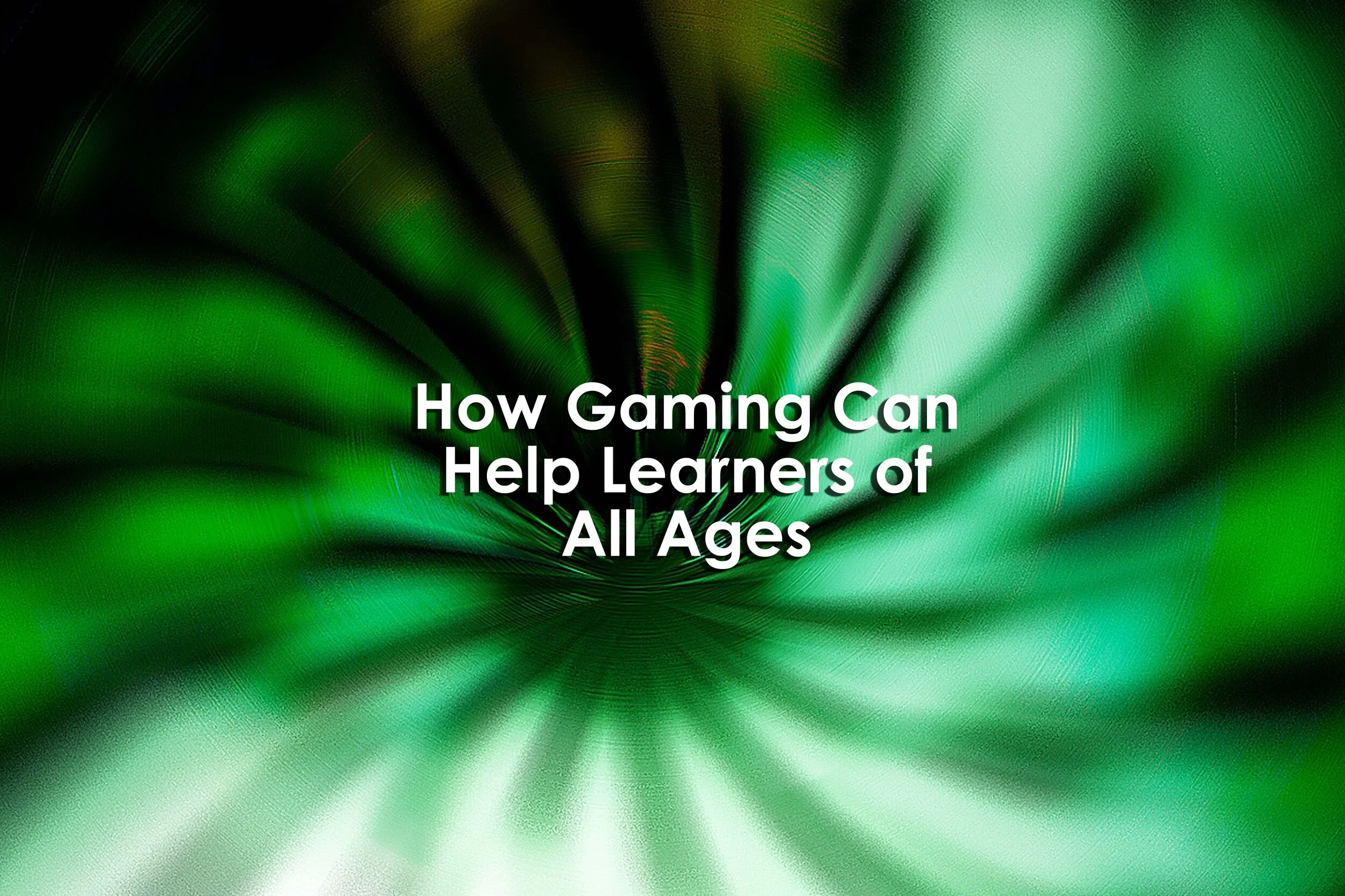How Gaming Can Help Learners of All Ages
How Gaming Can Help Learners of All Ages
How Gaming Can Help Learners of All Ages
November 10, 2020
Summary
The idea is not to allow teenagers to spend hours playing Minecraft or Among Us; instead, it's about creating games that intensify the learning process by stimulating the brain in ways that make the subject matter really stick.
Co-founded by executive director Sarah Toms and Wharton management professor Ethan Mollick, Wharton Interactive is backed by research that shows how gamified learning leads to more positive outcomes for both educators and students of all ages, such as the professionals who enroll in Wharton Executive Education programs.
We're interested in thinking about more authentic decision-making, more authentic learning, where there are more gray zones between that decision-making - there's a narrative, personalities, challenges and trade-offs.
As our partnership started to develop when I was director of Wharton's Learning Lab, we came to an inflection point where we decided it was time to take these ideas and concepts and develop them in our incubator at Wharton Interactive, and think about how we bring these incredible platforms - this next-generation of thinking in serious games - not just to Wharton classes, but to the world.
Ethan Mollick: It means a few things, and one of them is about how we learn.
Students who were not raising their hand were highly engaged , meaning that this is another mode for learners to get engaged and feel psychological safety in the classroom.
I think we're one of the first to start from the ground up and say, "How do we build something that isn't quite a game and isn't quite a simulation, but it's somewhere in between, that can teach compelling lessons and is based on the best science of how we learn?" What we do is based on the science as well as the art of gaming.
What's great for these executive learners is that we can leverage what's known in gaming as appropriate fidelity.
It allows our learners to practice what we're talking about, which creates memorable connections for them.
We've had dozens and dozens of Ethan's learners come back to us years later and say, "That thing that happened in the game," and they quote chapter and verse and character, "Saved me a lot of trouble because I got to practice it in your class and I knew what I needed to do." It's creating that indelible impression in a learner's memory that they can then retrieve and put into action later on in their career.
Reference
How Gaming Can Help Learners of All Ages. (2020, November 10). Retrieved November 16, 2020, from https://knowledge.wharton.upenn.edu/article/mollick-toms-simulations/


